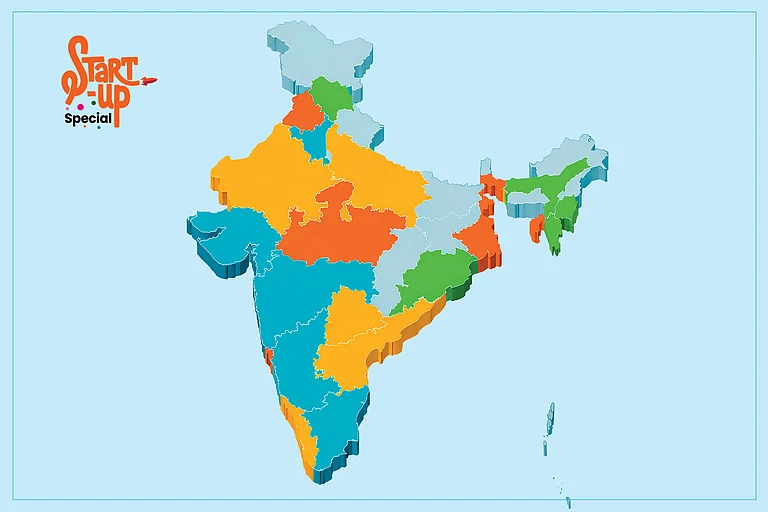Zepto, the Indian quick commerce unicorn has received the National Company Law Tribunal’s (NCLT) approval for its reverse flip to India from Singapore. This comes after the start-up gears for a public debut towards the end of 2025.
There has been a trend in the past for Indian start-ups to operate in India but be owned by a foreign entity for tax benefits and access to global investors. The list includes start-ups like PineLabs, Meesho, Freshworks, Zoho, InMobi, Khatabook and more.
However, due to the rapidly growing start-up ecosystem in India, relaxation in regulations for companies and highly successful IPOs, many of these firms are now heading back home.
In 2024, firms like PhonePe, Groww, KreditBee and Pepperfry successfully reverse flipped back to India. Meanwhile, start-ups like Zepto, Razorpay, Flipkart, Pine Labs and Meesho are looking to move their base to India in 2025.
What is Flipping?
Flipping or ‘externalised structure’ is the practice of transferring the ownership of an Indian firm to a foreign-based holding entity even though the company's market, workforce, and founders are primarily based in India. This process results in the Indian firm becoming a fully owned subsidiary of the foreign entity, operating from India.
Many Indian start-ups have previously adopted the flipping strategy, primarily because of the taxation benefits that some of the foreign countries offer. These include Singapore, UAE, the Cayman Islands, the United Kingdom, and the United States.
Some other reasons why companies flip are to access the capital markets, higher valuations, branding and reach and a more protective intellectual property environment
Zepto Homecoming
According to an NCLT order, Mumbai-based KiranaKart Technologies can proceed with its decision to become the holding company of Zepto with no opposition to the cross-border amalgamation of the two entities.
In October 2024, Zepto initiated its reverse flipping process from Singapore to India. A month later, it raised $350 mn from family offices in India to rearrange its cap table with higher representation from domestic investors.
This practice of heading back home is called Reverse Flipping.
What is Reverse Flipping?
Reverse flipping or ‘internalisation’ is the practice where a foreign entity-owned start-up shifts its domicile back to India. The primary reason for start-ups to flip back is to potentially get listed on Indian stock exchanges, attracting interested retail investors to invest in startup shares.
Some other reasons why start-ups are considering reverse flipping to India are the country's robust economic policies, expanding local market, and growing investor confidence in its startup ecosystem.
There are various structures for executing the reverse flip, depending on the size, location and nature of the firm. Choosing the right structure for a reverse flip is critical for a start-up, as it impacts legal, regulatory, and tax considerations.
‘Inbound Merger’ and ‘Share Swap Arrangement’ are the two most used structures to execute a reverse flip.
Amendment that Triggered the Reverse Flip
According to the Companies (Compromises, Arrangements and Amalgamations) Rules 2016 (Merger Rules), in order to merge a foreign entity with an Indian firm, approval from the Reserve Bank of India (RBI) and the National Company Law Tribunal (NCLT) was mandatory. It was a hefty process for firms that could take around 6 to 18 months.
However, in the September 2024 amendment, Rule 25A (5) was introduced to the Companies (Compromises, Arrangements and Amalgamations) Rules 2016 (Merger Rules).
This rule removed the need for NCLT approval for cross-border mergers, allowing a faster and simplified process between a foreign holding company and its Indian subsidiary. The fast-track route under Section 233 of the Companies Act 2013 only requires RBI approval, significantly reducing the time and complexity involved.
Cost of Homecoming
Despite the process being eased, firms looking to reverse flip to India still have to pay a hefty amount to the government in form of the capital gains tax.
PhonePe paid around $1bn in capital gains tax to the Indian government to complete its reverse flip, while Groww incurred $160mn in taxes as restructuring costs and Razorpay paid over $200mn after finalising its reverse flip from the US to India.
































